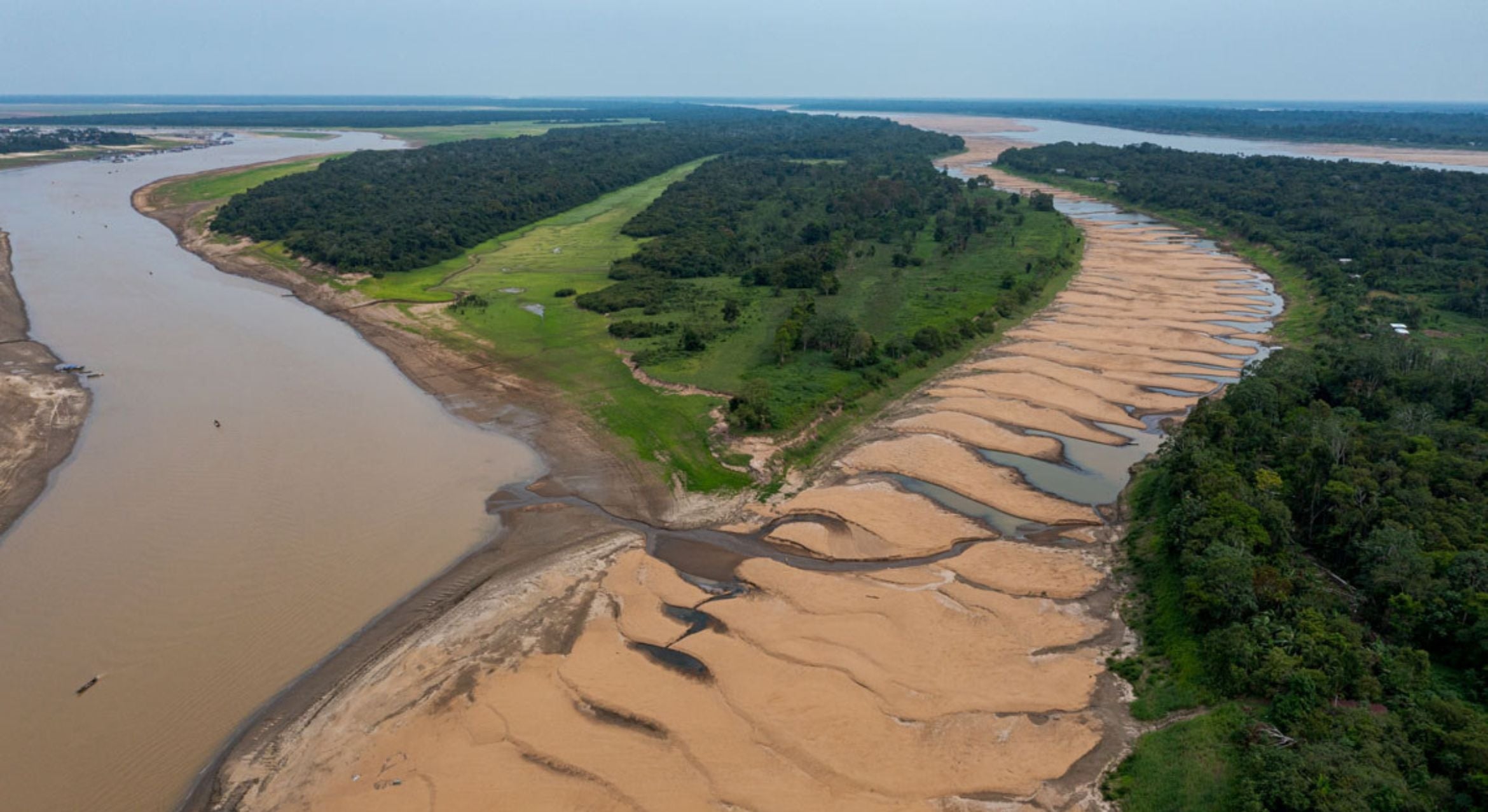Nature, one of the most prestigious scientific journals in the world, has chosen a paper co-authored by two UC Santa Barbara scientists as its top research highlight for 2008.
The paper, based on a study published in the Sept. 19, 2008, issue of Science, showed that an innovative fisheries management strategy called "catch shares" can reverse fisheries collapse. It was co-authored by Christopher Costello, the lead author and an economist at the Bren School of Environmental Science and Management at UCSB; Steven Gaines, director of UCSB's Marine Science Institute; and John Lynham, assistant professor at the University of Hawaii.
Here's what Nature said about the groundbreaking study: "With the biomass of the world's top marine predators at about a tenth of what it was in the 1950s, fisheries need management that will stop them collapsing. In September, Christopher Costello of the University of California, Santa Barbara, and his colleagues used data from 1950 to 2003 and 11,135 fisheries to conclude that individual tradable quotas (ITQs) could help.
"ITQs avoid the misaligned incentives of the ‘tragedy of the commons' whereby people plunder resources as quickly as possible. The quotas divide a limited total catch exclusively among fishermen who work a fishery, and allow them to sell the rights to their share. Because the value of these shares increases with the overall productivity of the fishery, each fisherman has an incentive to manage it well. Costello's team found that the proportion of ITQ-managed fisheries that had collapsed by 2003 was half that of the non-ITQ fisheries."
Costello said he is honored by Nature's selection. "It's extremely gratifying for our research to be recognized by the Nature team," Costello said. "This is certainly not the last word. Among other groups, we are refocusing attention on the design and broader effects of catch share systems. We hope that our research on catch shares will spur additional analysis of the effects of institutions on fisheries performance, and environmental performance more broadly. Such analysis could form the basis for important policy changes at the economy/environment interface."
Related Links



